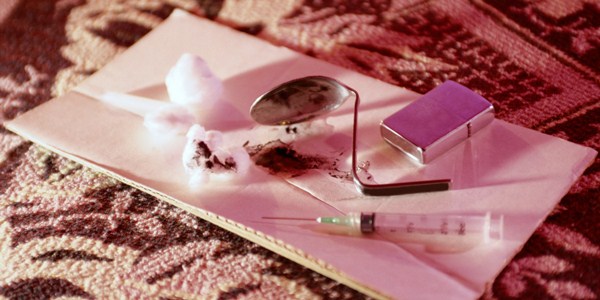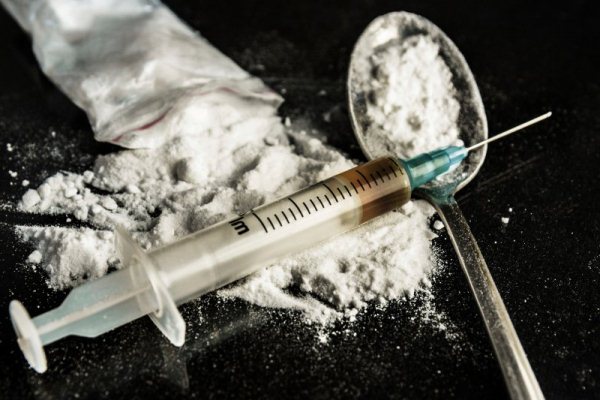How People Hide Their Heroin Addiction
With substance abuse and addiction at all time highs, you would think it should be easy to know if someone you care about is an addict. This is particularly true if they may be using heroin. However, how people hide their heroin addiction makes this determination difficult without some information.

Changing Friends
It usually takes something pretty drastic for long term friendships to end. If someone you know suddenly ends friendships and begins new ones with mysterious and unsavory people, they may have an addiction to heroin.
Keeping Strange Hours
While this could just be a change in work schedule, they may be trying to hide an addiction to heroin. Also, most of the criminal element, such as drug dealers, keep unusual hours.
Dressing Differently
According to the National Institute on Drug Abuse, intravenous injection is one of the most common ways of using heroin. Someone trying to hide a heroin addiction may wear long sleeves, long pants, and gloves to hide the scars and sores left by frequent needle punctures.
Withdrawing From Family
Heroin addicts are often ashamed of their condition. This makes them withdraw from people they know and love in an effort to hide their problems.
Avoiding Events and Activities
Humans are social creatures by their very nature. It is very uncommon for people to try and avoid pleasurable activities or family events, especially if this is different from their usual behavior. If they begin doing this, they may be trying to hide something, like a heroin addiction.
Missing Work
If someone was once a very reliable worker, but starts showing up late or missing work, they probably have a problem. If they have used heroin, addiction may be this problem.
How to Help
If someone you care about is displaying these behaviors and has used heroin, they may have a heroin addiction that they are trying to hide. The first thing you should do is talk to them about it. Express your concerns and offer to help them get treatment. This may be just what they need to turn their life around.
Why is Heroin Addiction on the Rise?
Since the middle of the 1970’s, police, educators, and governments have struggling to end heroin abuse and addiction. The abuse of this terrible substance declined greatly into the 1990’s, however it is increasing once again. Why is heroin addiction on the rise? More importantly, what can be done about it?
Causes of Addiction
In order to understand the rise in heroin addiction, you first have to understand what causes heroin addiction in the first place. While the exact causes are not known, it is believed that a number of factors contribute to it.
What is known for sure is that once a person begins using this drug, their chances of not becoming addicted are very slim. Professional treatment is the best hope for those that succumb to this illness.

Prescription Opioid Epidemic
According to the National Institute on Drug Abuse, one of the largest contributors to the recent increase in heroin abuse and addiction is the abuse of opioid pain relievers. The increasing controls of these medications make them harder to acquire.
This leads many to seek out cheaper and easier to get alternatives. This is where heroin takes hold and the overall addiction rates rise.
Withdrawal
Many people know that treatment is the single best means of combating an addiction once it begins. However, some addictions are far more difficult to overcome than others. Heroin is one of these. Much of the difficulty is attached to the very powerful withdrawal syndrome attributed to heroin. The symptoms of it are so severe, in fact, that they can even be life-threatening. For this reason, many people that want to stop their heroin addiction cannot, contributing to the rise.
Relapse
Heroin addiction is a chronic relapsing disease. This means that there is no cure for it and sufferers often fall back into heroin use, even after treatment.
The strong pull of this dangerous drug is extremely difficult to break, which leads to an overall rise in people with these issues. Treatment is the best way to end the addiction and prevent relapse.